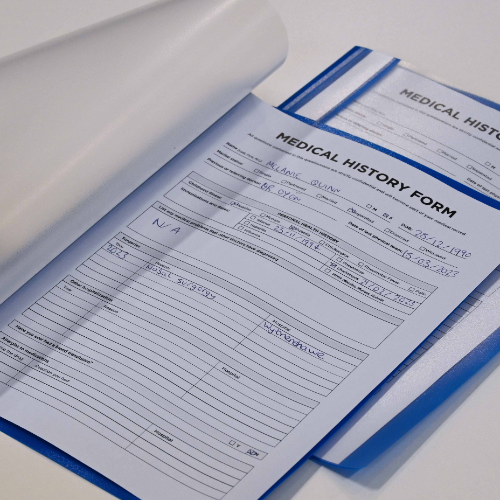Google DeepMind and class action lawsuit
“The use of medical records by Google's DeepMind showed the need for more guidance for health and care organisations when using sensitive health information to develop new data-driven healthcare products. Not only are patients more aware of innovations like this but health professionals also understand the importance of building in privacy from the start.”
Freddie Baker, staff member at the Information Commissioner’s Office, who worked on the issue at the time.
 In 2015, Google’s AI firm DeepMind was given access to the health records of 1.6 million patients at the Royal Free London NHS Foundation Trust. The firm insisted that they were using patient information to help create a life-saving app, Streams, that could spot when patients were at risk of developing acute kidney injury.
In 2015, Google’s AI firm DeepMind was given access to the health records of 1.6 million patients at the Royal Free London NHS Foundation Trust. The firm insisted that they were using patient information to help create a life-saving app, Streams, that could spot when patients were at risk of developing acute kidney injury.
As a result, the Trust shared vast amounts of sensitive health information without people’s knowledge or consent. They also didn’t give people the option to opt out. In 2017, the Information Commissioner’s Office concluded that the Trust should have been much more transparent about how they were using patients’ personal information.
Data plays a crucial role in medical research and driving innovation in the health sector. Health data can help improve diagnostics and develop treatments to a wide range of life-threatening conditions. For these initiatives to be successful, transparency and consent are key. Patients must freely consent to organisations using their information in this way.